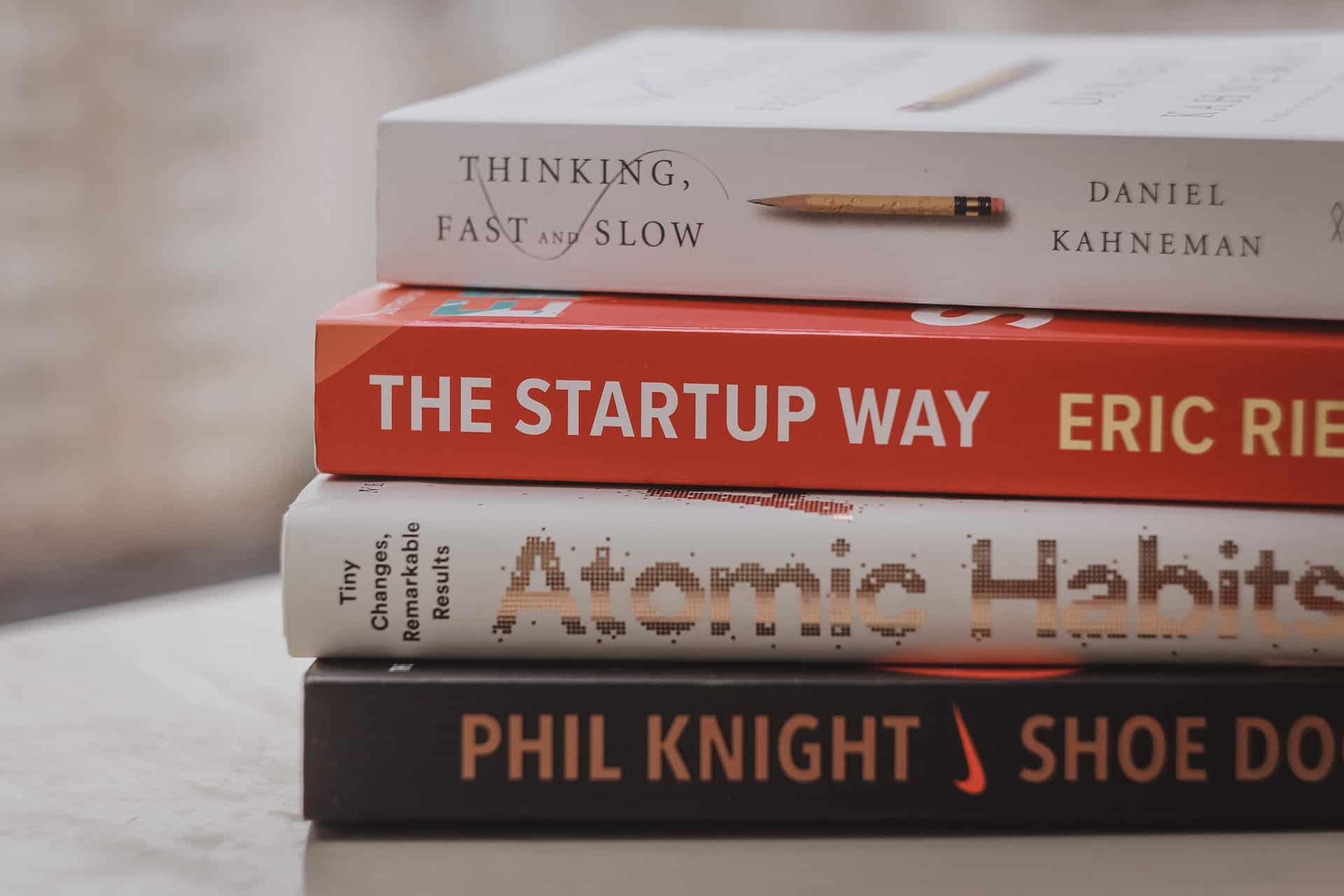Mastering Self-Discipline: A Practical Guide to Building Lasting Habits in 2025
Self-discipline is the key to success in any area of life. Whether you want to improve your health, build a successful career, master a new skill, or cultivate meaningful relationships, self-discipline is the foundation that keeps you consistent and focused.
In an era of constant distractions, instant gratification, and overwhelming choices, mastering self-discipline is more crucial than ever. This guide will walk you through everything you need to know about self-discipline in 2025, from understanding its psychology to practical strategies for building unshakable habits.
What is Self-Discipline?
Self-discipline is the ability to control your impulses, emotions, and behaviors to achieve long-term goals. It is about doing what needs to be done, even when you don’t feel like doing it. It is the bridge between intention and execution.
Without self-discipline, it is easy to fall into a cycle of procrastination, inconsistency, and short-term pleasure-seeking behaviors that ultimately lead to regret and stagnation. Developing self-discipline means training your mind to prioritize long-term benefits over short-term gratification, leading to a more structured, productive, and fulfilling life.

Why Does Self-Discipline Matter in 2025?
The modern world is full of distractions. With social media, endless entertainment, and a culture that promotes instant gratification, it’s easier than ever to lose focus. Those who master self-discipline will stand out in every aspect of life from professional success to personal fulfillment.
In a time where attention spans are shortening and digital addiction is rampant, those who can harness the power of self-discipline will have a significant advantage in achieving their dreams, maintaining strong relationships, and staying mentally and physically healthy.


The Difference Between Motivation and Discipline
Many people rely on motivation to take action. However, motivation is temporary and unreliable. It fluctuates based on mood, energy levels, and external circumstances. Self-discipline, on the other hand, is a long-term commitment to action regardless of how you feel.ccaecat cupidatat non proident, sunt in culpa qui officia deserunt mollit anim id est laborum.
Motivation might get you started, but discipline is what keeps you going when the excitement wears off. This fundamental difference highlights why successful people build discipline-based routines instead of waiting for motivation to strike.
The Science Behind Self-Discipline
Self-discipline is not just about willpower—it is deeply rooted in neuroscience and psychology. Here’s how it works:
1. The Role of the Prefrontal Cortex
The prefrontal cortex, the part of the brain responsible for decision-making and impulse control, plays a central role in self-discipline. The stronger this part of your brain, the better you are at delaying gratification and staying focused. When this region is weak or fatigued, distractions become harder to resist, and making disciplined choices feels exhausting. Strengthening your prefrontal cortex through mindfulness, meditation, and strategic planning can significantly improve your self-discipline.
2. The Power of Dopamine Regulation
Dopamine, the brain’s reward chemical, drives our habits. Instant gratification activities like social media scrolling and junk food consumption release high levels of dopamine, making it harder to stick to long-term goals. Training your brain to find pleasure in delayed rewards is a key part of self-discipline. This means shifting focus from instant pleasure to the satisfaction that comes from steady progress and long-term achievements. The more you regulate your dopamine levels, the easier it becomes to resist distractions and make disciplined choices.
3. Habit Formation and Neural Pathways
Self-discipline is largely about habits. Every time you make a disciplined choice, you strengthen neural pathways in the brain, making it easier to repeat that behavior in the future. The more you practice self-discipline, the more automatic it becomes. Developing habits around self-discipline allows you to bypass the need for constant decision-making and instead rely on automated behaviors that support your goals. The key is consistency—small daily actions compound over time to create life-changing results.

How to Build Unshakable Self-Discipline in 2025
1. Define Your ‘Why’
Self-discipline starts with a clear purpose. Why do you want to be disciplined? Whether it’s financial freedom, a healthier body, or career success, having a strong ‘why’ keeps you focused. When your goals align with deep personal values, it becomes easier to stay disciplined because the effort feels meaningful rather than forced.
Action Step: Write down your biggest goals and the reasons behind them. Make them emotionally compelling. The stronger your emotional connection to a goal, the more disciplined you will be in pursuing it.
2. Set Clear, Achievable Goals
Vague goals lead to vague results. Define your objectives clearly using the SMART goal framework:uis viverra nibh cras. Sed faucibus turpis in eu mi bibendum. Turpis tincidunt id aliquet risus feugiat.

Specific: Clearly state what you want to achieve.
Measurable: Track your progress with numbers.
Achievable: Set realistic goals that challenge you but are possible.
Relevant: Align goals with your long-term vision.
Time-bound: Set deadlines to create urgency.
Example: Instead of saying, “I want to get fit,” say, “I will work out for 45 minutes, 5 days a week for the next 3 months.” Breaking big goals into smaller, actionable steps makes them easier to tackle.
3. Remove Temptations and Distractions
Willpower is a limited resource. Instead of relying on sheer willpower, design your environment to minimize distractions.
- Delete distracting apps from your phone.
- Use website blockers for time-wasting sites.
- Keep junk food out of your home if you’re trying to eat healthy.
By making distractions inconvenient and positive habits easier, you set yourself up for long-term success.
4. Build Strong Habits Through Consistency
Discipline is built through repetition. The key to lasting self-discipline is creating small, consistent habits.
- Start small: If you want to read more, start with just 5 minutes a day.
- Use habit stacking: Attach new habits to existing ones (e.g., meditate right after brushing your teeth).
- Track progress: Use a journal or habit tracker to stay accountable.
5. Develop Mental Toughness
Resisting impulses and delaying gratification require mental strength. Strengthening your mental resilience will help you stay on track when challenges arise. Mental toughness is the ability to push forward even when motivation fades.
- Embrace discomfort: Growth happens outside your comfort zone.
- Reframe failures: See setbacks as learning experiences, not reasons to quit.
- Practice delayed gratification: Train yourself to prioritize long-term benefits over short-term pleasure.
Final Thoughts: Make 2025 Your Year of Discipline
Mastering self-discipline in 2025 is about embracing structure, commitment, and resilience. The distractions of modern life are growing, but those who develop self-discipline will thrive. Start small, stay consistent, and build momentum. Over time, discipline will become second nature, leading to success in every area of your life.










